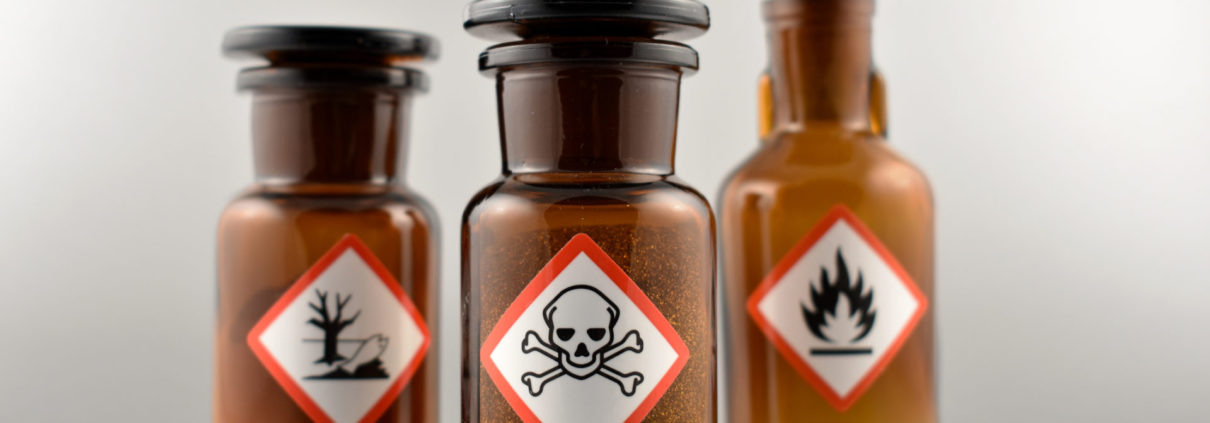Albuterol HFA Inhaler Substitution Refresh
There have been many new albuterol HFA NDCs released since the June 2020 article, First AB-Rated Generic for Proventil® HFA Approved, and since albuterol inhaler substitutions require an extra level of consideration due to not all NDCs being equivalent, a refreshed chart was in order.
The chart below shows albuterol products grouped into their respective Therapeutic Equivalence (TE) Code category – AB1, AB2, or BX. As a reminder, substitution can occur at the pharmacy level if the substitution involves two therapeutically equivalent products and is allowed per state law.
Example: AB1 inhaler 6.7 gm Proventil® would be able to be substituted for AB1 inhaler 6.7 gm Sandoz albuterol HFA.
If a substitution to a non-equivalent is required, it would be necessary to contact the prescriber and make a corresponding clinical note documenting the conversation.
Example: Prescription written for AB1 inhaler 6.7 gm Proventil® but PBM rejects claim stating an AB2 inhaler such as 8.5 gm Lupin Pharmaceuticals albuterol HFA is required.
Refer to the article linked above for examples of how to handle substitutions based on how a prescription is written.
| Product | NDC | Labeler | Package Size | FDA Application Number | Brand or Generic | TE Code |
| Proventil® HFA | 66758-0959-85 | Sandoz | 6.7 gm | N020503 | Brand | AB1 |
| Albuterol sulfate HFA | 00054-0742-87 | Hikma Pharm. | A207085 | ANDA Generic | ||
| Albuterol sulfate HFA | 00781-7296-85 | Sandoz | N020503 | NDA Authorized Generic | ||
| Albuterol sulfate HFA | 69097-0142-60 | Cipla | A209959 | Generic | ||
| Albuterol sulfate HFA | 72572-0014-01 | Civica | A209959 | Generic | ||
| Albuterol sulfate HFA | 76282-0679-42 | Exelan Pharm. | A209959 | Generic | ||
| ProAir® HFA | 59310-0579-22 | Teva Resp. | 8.5 gm | N021457 | Inactive; manufacturing ceased Oct. 2022 | AB2 |
| Albuterol sulfate HFA | 00093-3174-31 | Teva Pharm. | N021457 | NDA Authorized Generic | ||
| Albuterol sulfate HFA | 45802-0088-01 | Padagis | A203760 | Generic | ||
| Albuterol sulfate HFA | 68180-0963-01 | Lupin Pharm. | A209954 | Generic | ||
| Ventolin® HFA | 00173-0682-20 | GSK | 18 gm | N020983 | Brand | BX |
| Albuterol sulfate HFA | 66993-0019-68 | Prasco Labs | N020983 | NDA Authorized Generic | ||
| ProAir RespiClick® | 59310-0580-20 | Teva Resp. | 1 EA | N205636 | Single Source Brand | |
| ProAir® Digihaler® | 59310-0117-20 | Teva Resp. | N205636 | Single Source Brand | ||












